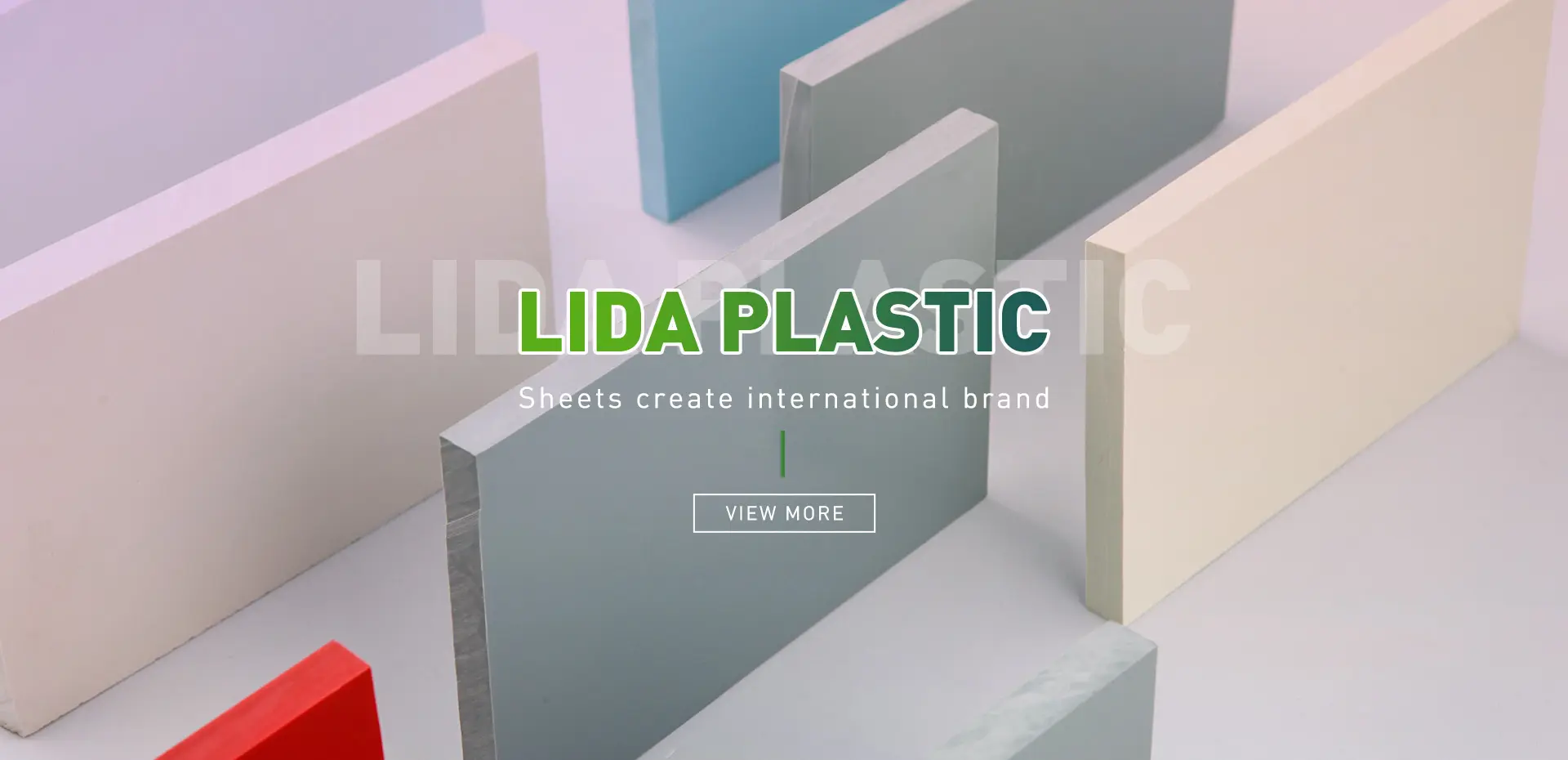Nov . 25, 2024 05:38 Back to list
Understanding the Benefits and Applications of CPVC Chemical Pipes in Industry
Understanding CPVC Chemical Pipes Properties, Applications, and Benefits
CPVC, or Chlorinated Polyvinyl Chloride, is a thermoplastic material widely utilized in piping systems, particularly for transporting chemical fluids. The enhanced properties of CPVC over standard PVC (Polyvinyl Chloride) make it an ideal choice for various industrial applications. This article explores the characteristics, advantages, and applications of CPVC chemical pipes.
What is CPVC?
CPVC is derived from PVC through a chlorination process that increases its thermal stability and chemical resistance. This chemical alteration allows CPVC to endure higher temperatures and harsh chemicals, making it suitable for more demanding environments compared to standard PVC. The primary components of CPVC are carbon, chlorine, and hydrogen, giving it the ability to maintain structural integrity in challenging conditions.
Properties of CPVC Pipes
- Chemical Resistance CPVC pipes exhibit exceptional resistance to a wide range of acids, bases, salts, and other corrosive agents. This property makes them highly effective for transporting caustic or acidic liquids, which would degrade other materials like metal or standard PVC.
- Temperature Tolerance One of the standout features of CPVC is its ability to withstand higher temperatures. CPVC pipes can typically handle temperatures up to 200°F (93°C) for continuous use, making them suitable for high-temperature applications in various industries.
- Low Thermal Conductivity CPVC has lower thermal conductivity compared to metal pipes. This means it can help maintain the temperature of transported liquids, making it beneficial for heating applications.
- Lightweight and Easy to Install CPVC pipes are significantly lighter than metal pipes, resulting in easier handling and installation. This characteristic not only speeds up the installation process but also reduces transportation costs.
- Non-Toxic CPVC is non-toxic, making it safe for use in potable water applications. It does not leach harmful substances into the fluids it carries, ensuring the safety of drinking water supplies.
Applications of CPVC Chemical Pipes
Given their unique properties, CPVC pipes are widely used in various sectors
cpvc chemical pipe

1. Chemical Processing Industries dealing with the processing of chemicals often rely on CPVC pipes to transport aggressive fluids safely. Their chemical resistance minimizes the risk of leaks and failures.
2. Water Treatment Facilities CPVC is commonly employed in water treatment plants, where it is used for the distribution of harsh chemicals such as chlorine and sodium hypochlorite.
3. Industrial Manufacturing Many industrial plants use CPVC pipes for transporting process water and chemicals, thanks to their durability and resistance to various harsh substances.
4. HVAC Systems CPVC is also used in heating, ventilation, and air conditioning (HVAC) systems. Its ability to withstand high temperatures makes it suitable for hot water applications.
5. Pharmaceuticals The pharmaceutical industry requires stringent adherence to safety standards. CPVC pipes offer a safe solution for transferring liquids without contamination, making them a popular choice for drug manufacturing processes.
Benefits of CPVC Pipes
- Cost-Effective Although CPVC pipes may have a higher initial cost than some alternatives, their durability and low maintenance requirements lead to significant long-term savings.
- Longevity CPVC pipes have a long service life, often exceeding 50 years, making them a reliable choice for many applications.
- Eco-Friendly CPVC is a recyclable material, contributing to environmental sustainability in construction and industrial practices.
Conclusion
In summary, CPVC chemical pipes represent a versatile and durable solution for various industries requiring reliable piping systems. Their superior chemical resistance, ability to withstand high temperatures, and ease of installation make them an excellent choice for transporting harsh substances. As industries continue to prioritize safety and efficiency, CPVC pipes are likely to play an even more pivotal role in chemical engineering and beyond.
-
PVC Transparent Sheet Roll - Durable & Flexible PVC Plastic Sheet Roll for Industrial & Home Use
NewsJun.24,2025
-
High-Quality PVC PPR Pipes and Fittings Durable ERA PPR Solutions
NewsJun.10,2025
-
High-Quality Large HDPE Sheets & Large Diameter PVC Pipe Durable Large PVC Pipe Supplier
NewsJun.10,2025
-
High Density Polyethylene Cutting Board - Durable & Food Safe
NewsJun.09,2025
-
3 Inch PVC Pipe for Durable Irrigation Affordable & Reliable
NewsJun.09,2025
-
Premium PPR Plastic Water Pipe Fittings - Durable & Leak-Free
NewsJun.09,2025

